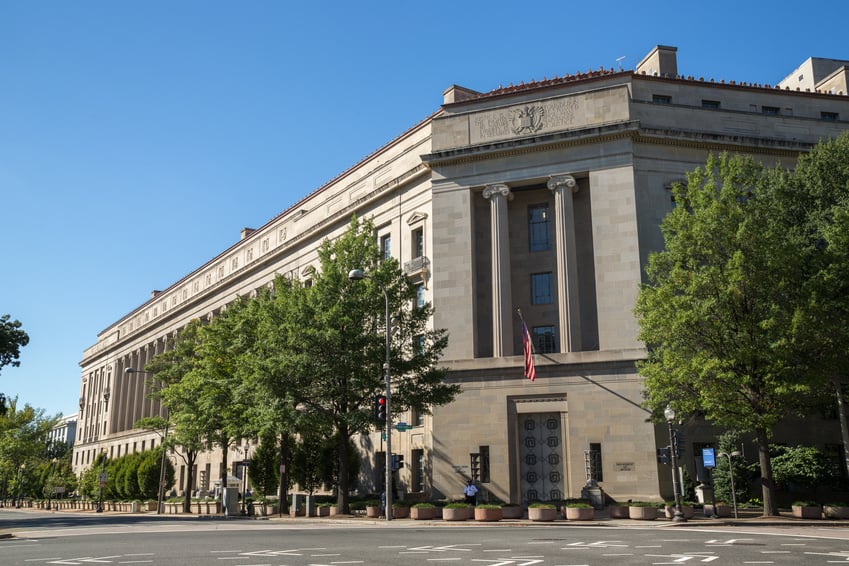Seeking public comments
On November 18, 2022, the US Department of Commerce (“DOC”) published a notice of a proposed change to its particular market situation (“PMS”) methodology.
Since the 2015 expansion of the DOC’s PMS authority, the DOC has been using the PMS methodology in the calculation of antidumping duty rates when it considers that there is a market distortion in the exporting country under investigation, such as the availability of low-priced energy, which reduces exporters’ costs of production. PMS methodologies have been used against imports from countries like Argentina, South Korea, and Turkey. Costs deemed to be distorted by the PMS are adjusted, which inflates the antidumping margin. US antidumping law does not prescribe a specific method for calculating the adjustment.
The revisiting of the PMS methodology arises, in part, from a recent decision by the US Court of Appeals for the Federal Circuit (“CAFC”). The CAFC criticized, in particular, the apparent lack of evidence in the DOC’s use of the PMS methodology. In doing so, CAFC reached four conclusions.
- A PMS that distorts costs must cause costs to deviate from what they would have otherwise been in the ordinary course of trade.
- A PMS must be particular to certain producers or exporters, inputs, or the market where the inputs are manufactured.
- If there is a claim of a subsidy or government interference, there should be evidence that the producer or seller of the input at issue received, or should have received, that subsidy or government assistance, and that there is some form of impact on the price of the input as a result of that subsidy or government interference.
- The DOC is not required to quantify a distortion in costs by the PMS to find the existence of a PMS, but if the DOC is able to quantify the distortion, such a quantification may help support a finding of the existence of a PMS.
In light of the CAFC decision, the DOC considers that changes to its policies and practices may be needed to ensure that allegations of a PMS are vetted in a manner consistent with the CAFC’s conclusions. The DOC now seeks comments on three issues, asking the public to:
- Identify information that the DOC should consider in determining if a PMS exists which distorts the costs of production, if that information is reasonably available and relevant to the PMS allegation;
- Identify information that the DOC should not be required to consider when determining if a PMS exists, regardless of the PMS allegation; and
- Provide comments on adjustments that the DOC may make to its calculations when it determines the existence of a PMS, but the record before it does not allow for the quantification of cost distortions.
As context, investigating authorities around the world use PMS methodologies in various ways, making the use of PMS a key live issue in global antidumping law. Australia’s use of PMS in a case against A4 copy paper from Indonesia resulted in a World Trade Organization (“WTO”) Panel Report that leaves open important questions on the scope of PMS. The newly established UK Trade Remedies Authority has relied on the notion of PMS to adjust costs in its first case targeting imports from China, concerning aluminum extrusions. Further, PMS has been proffered to be a likely legal basis under WTO law for the European Union’s “significant distortions” methodology. Comments on the DOC’s proposed change are due no later than December 18, 2022. If you are interested in filing comments, please reach out to the authors or the Baker McKenzie attorney with whom you work.



